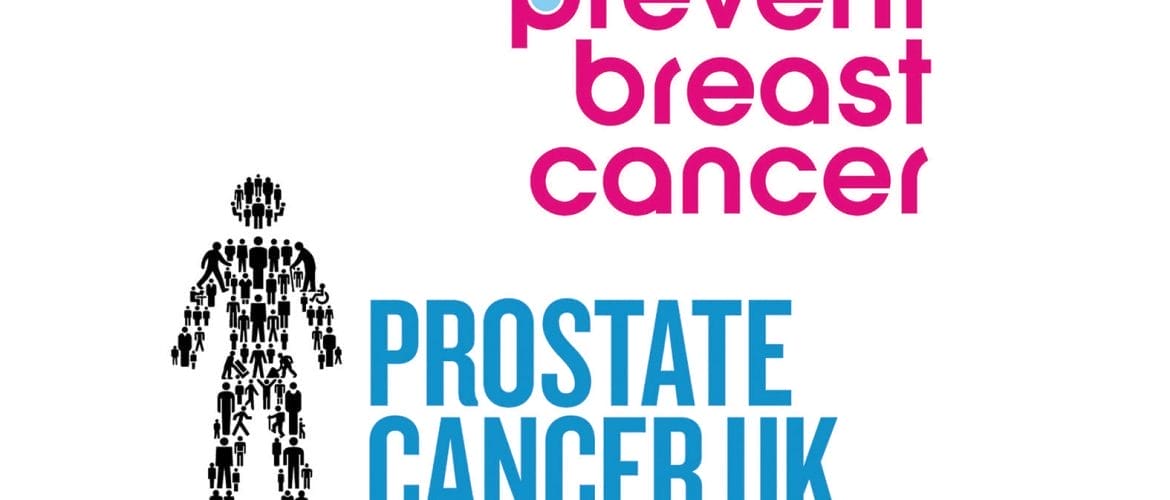England’s top cancer doctor has urged people not to hesitate to get checked as new research revealed that nearly half of the public have concerns about seeking help during the coronavirus pandemic. One in 10 people would not contact their GP even if they had a lump or a new mole which did not go away after a week, the survey found. Another third of people would worry about seeking help, according to polling carried out by Portland. Getting coronavirus or passing to family were among the top reasons that people would not come forward when they have cancer symptoms along with fears that they could be a burden to the health service. Professor Peter Johnson, NHS clinical director for cancer, stressed NHS staff had worked hard to make sure people can get cancer checks and treatment safely, so there is no need to delay. Waiting to get help could have serious consequences for patients and put a greater burden on the NHS, Professor Johnson said.
GM Business Connect sees the importance of ensuring physical health not just a personal issue but a corporate necessity to ensure a happy and safe workforce. Many businesses would benefit from embracing and supporting many of the cancer charities, and here we feature messages from two covering the most prevalent forms of cancer affecting both men and women in the UK today. Prevent Breast Cancer have teamed up with Prostate Cancer UK to provide critical health information for everyone.

BREAST CANCER SIGNS AND SYMPTOMS – WHAT YOU NEED TO KNOW
Prevent Breast Cancer has a unique mission – to fund ground-breaking research with the sole aim of preventing the disease for future generations. Founded 25 years ago in Manchester as a national research charity and is based in the UK’s only breast cancer prevention centre. Adapting the national breast screening programme it is now national if not global. Our world-leading research is bringing us ever closer to a world where breast cancer is preventable, and thousands of lives are saved from ever experiencing this terrible disease.
Breast cancer is the most common cancer in the UK and the biggest cause of death for women between 35 – 49. To ensure we protect ourselves, our mothers, our sisters, our daughters, including men – it is extremely important to be aware of signs, and symptoms of breast cancer. On the graphic shows the major signs and symptoms to be aware of – it is vitally important that women self – check on a regular basis. If there is any sign of these symptoms it is critical to refer yourself to a GP without delay. Although there have been delays in breast screening during the pandemic, if a GP feels that you need to be seen at a breast cancer clinic then this will be arranged for you on a two- week referral basis.
We know that there were many fewer referrals from GPs to breast clinics last year – over 107,000 in fact. The sooner that breast cancer is diagnosed the better. An early diagnosis will lead to less invasive surgery, less radiotherapy and chemotherapy and a shorter time on preventative drugs. For any further info or to see our “how to check yourself” video just email info@preventbreastcancer.org.uk

PROSTATE CANCER: KNOW YOUR RISK, GET CHECKED!
Prostate cancer is the most common cancer in men – and now the most commonly diagnosed cancer in the UK. If it’s caught early, there’s a good chance it can be successfully treated. But unlike other cancers, most men with early prostate cancer don’t have any signs or symptoms, and there’s no screening programme for it. That’s why it’s vital that men at highest risk of prostate cancer speak to their GP about their risk.
Men are at higher risk of prostate cancer if they are aged over 50 or their father or brother has had the disease, or if they are black. You can check your risk in 30 seconds and find out what to do next at prostatecanceruk.org/riskcheck. Anyone experiencing symptoms, such as urinary problems, should also speak to their GP. It has never been more important to raise awareness of prostate cancer. Urgent referrals by GPs in England have dropped by around 52,000 since the pandemic began. As a result, around 8,600 fewer men started treatment for prostate cancer in 2020 than in the previous year. As we have passed one year of lockdown, help Prostate Cancer UK find these ‘missing’ men by sharing our thirty-second risk checker, or booking a virtual awareness talk, delivered by one of our speaker volunteers.
If you have any concerns or questions about the disease, Prostate Cancer UK’s Specialist Nurses are available on weekdays on 0800 074 8383.




